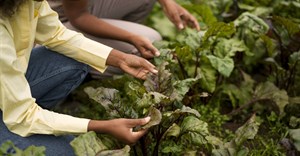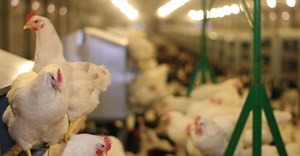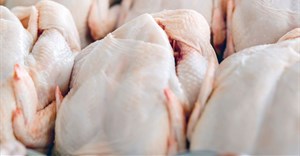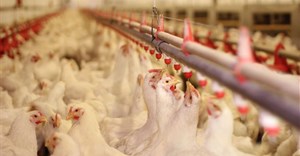Trending
Elections 2024
Jobs
- Designer Cape Town
- Key Account Manager – Gauteng Gauteng
- Key Account Manager Cape Town
- MX Regional Product Manager Lead Johannesburg
Major SA food brands join PnP in food waste reduction commitment

This comes ahead of World Food Day on 16 October, a day which serves to create awareness and collective action to end hunger in a world where there is enough food to feed the entire population but where millions go to bed hungry.
In South Africa, up to a reported 30% of agricultural production is wasted while almost 20% of South African households have inadequate access to food.
The UN Food and Agriculture Organization reports that approximately 14% of food produced globally is lost between harvest and retail, with significant quantities also wasted at the retail and consumption levels.
10x20x30 seeks to change this and is supported by 10 of the world’s largest food retailers and manufacturers. These include retailers Carrefour, Tesco, Walmart, Ahold Delhaize, and Pick n Pay as the only South African retailer.
At the end of last year, all signatories committed to reduce food waste in their operations, and enlist 20 of their upstream suppliers to pledge to meet the UN’s Sustainable Development Goal Target 12.3, which calls for a 50% reduction in food loss and waste by 2030 worldwide.
Some of the key local brands that have committed to work with Pick n Pay to reduce food waste in South Africa include Tiger Brands, Danone, Kellogg, McCain, RCL Foods, Premier Foods, Mars, Rhodes Food, Unilever, Pioneer, Dewfresh, Willowton, Mondelez, and Astral Foods.
Gareth Ackerman, Pick n Pay chairman, says that Pick n Pay has been minimising its food waste at store level for many years, and has set an ambitious target to reduce its food waste by 50% by 2025. But he says that to make a long-term sustainable impact, industry needs to work together.
“This new partnership with many of our largest suppliers means we can accelerate the changes needed to reduce food waste in our supply chains – from farm to store. In the process, we can significantly strengthen our food systems in South Africa.
“Cutting food waste makes both financial and environmental sense. Companies save money which can be reinvested, hopefully in their customers. We also save the environment as food waste is a large contributor to climate change due to its greenhouse gas emissions,” says Ackerman.
The second phase of 10x20x30 involves each supplier committing to a reduction target, measuring their food loss and waste inventories, and creating actionable reduction strategies and policies.
“We have already met virtually with all suppliers for introduction training, and continuous training workshops will be held with World Resources Institute (WRI) – a global research organisation – to assist suppliers with the management, measurement and quantification of their food waste.”
Pick n Pay began its food waste reduction journey in 2015 when it set a goal to deliver significant shifts in waste reduction. This included diverting 20% of its food waste from going to landfill. To date, more than 1,600 tonnes of food that has passed its sell-by date, but not its expiry date, has been donated to NGOs every year.
Ackerman says that various initiatives have been established to achieve its 50% reduction in food waste at store level. This includes launching a shelf life extension project to reduce wastage and a waste recovery project to recover dry groceries, such as sugar, pasta and rice, and divert this from landfill.
The 10x20x30 initiative is aligned to the South African Food Loss and Waste Voluntary Agreement, recently launched by the Consumer Goods Council of South Africa (CGCSA) and Government, which many other local food manufacturers, distributors and retailers, including Pick n Pay, have also signed.



















